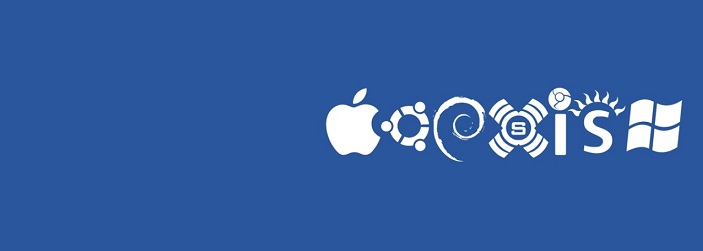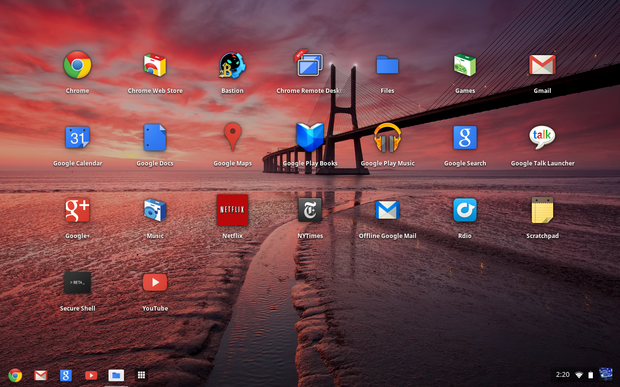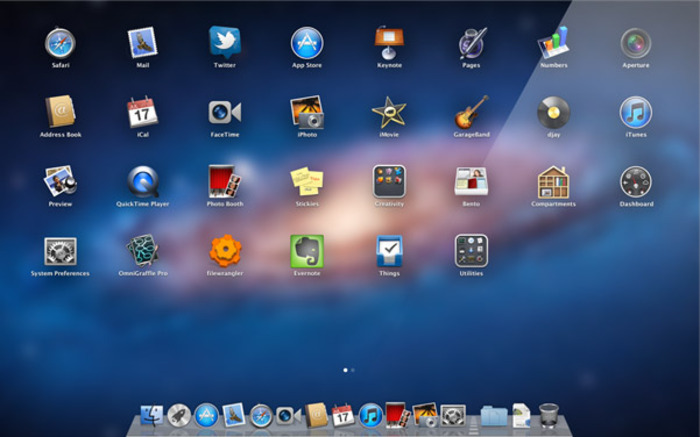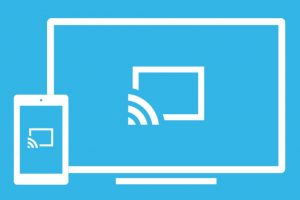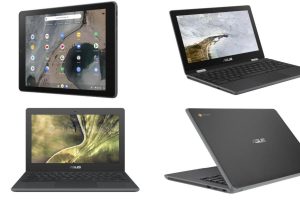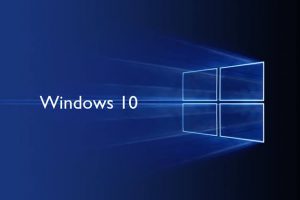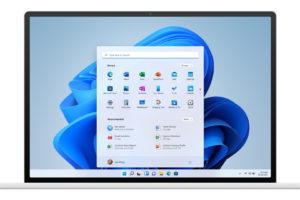Market share statistics often portray Microsoft Windows as the leading operating system (OS) currently in use today. The roughly 85% lion share of the market is quite telling.
The sheer familiarity of the famed OS is akin to breathing. Easy as pie. A life after Windows seems baffling to so many people who might wish to see what else is out there. If you are one of those people curious to know what alternative OS you would love to try out, chances are you already have.
Android
In the touchscreen-oriented market of today, Android is king. Developed by Google and based on Linux kernel, the Android OS is branching out from the smartphone arena and powering tablet computers, TVs, cars and other android gadgets.
Android is poised to exponentially increase upon its impressive billion user base with the growing trend of shipping devices with in-built touch capability.
In a world all it takes is to connect a keyboard to a tablet computer to have oneself a fully functional PC, the desire to try out a new OS appears to have happened already.
Chrome OS
Another of Google’s products doing the rounds is the Chrome OS which ships with the Chromebook and its desktop variant Chromebox. The ecosystem of Google products from Gmail, Maps, Docs, Calendar, Google Drive to Google Chrome are integrated into the system with the user in mind.
Developed with built-in protection, long battery life, and automatic updates, the Chromebook is surely a tech cheat. After purchase, one doesn’t have to hunt for obscure drives, antivirus software and the like as one would expect in Windows.
Contrary to popular belief, the Chrome OS is fully capable of working offline and does not always need the internet to function as it should.
Mac OS
What better way to sever ties with Windows than to jump ship and join the opposing side. Microsoft and its biggest nemesis Apple the makers of the Mac OSX have been at it for decades.
Enthusiasts on both sides fervently extol the virtues of their OS of choice as they ridicule the other. Users migrating to Mac will appreciate the sheer artistry invested in the development of Mac, along with fewer virus, security and maintenance issues as opposed to Windows and that is as good a selling point as any.
On the downside, Apple products are so heavily priced that before you opt for a Mac, be sure to check on the health of your finances.
Ubuntu
The major attraction to most Linux variants—called distros— like Ubuntu is that they are open source meaning if you got an itch and had the technical know-how, you might just as well develop your very own OS from the free source code readily available.
Touted as notoriously reliable and stable, Ubuntu has a large support community, a repository of drivers and applications that will set any Windows-brainwashed newbie at rest.
The latest desktop Ubuntu release Ubuntu 19.04 code-named Disco Dingo comes with the improved desktop interface and other tweaks to keep up with current trends.
Linux Mint
The beauty of Mint and something Windows users would fully appreciate is that it comes fully functional straight out-of-the-box. Unlike most distros, Mint comes packaged with both open source and also proprietary drivers and software applications.
Upon installation, a user can play movies, music, access word processing applications, the internet, view and edit pictures, connect to a network, name it.
Highly recommended for first-time Linux users, Mint blends a Windows-like familiarity with an intuitive user interface and just like Ubuntu is extremely reliable and stable. In this regard, Linux Mint wallops Windows to the ground.
The above mentioned Windows alternatives prove there certainly is a life outside of Windows. As the line between tablets, desktops, and smartphones gets blurry with time, the dominance of the Windows OS will soon be at an end. Are you ready to make the jump?
Discover more from Dignited
Subscribe to get the latest posts sent to your email.


